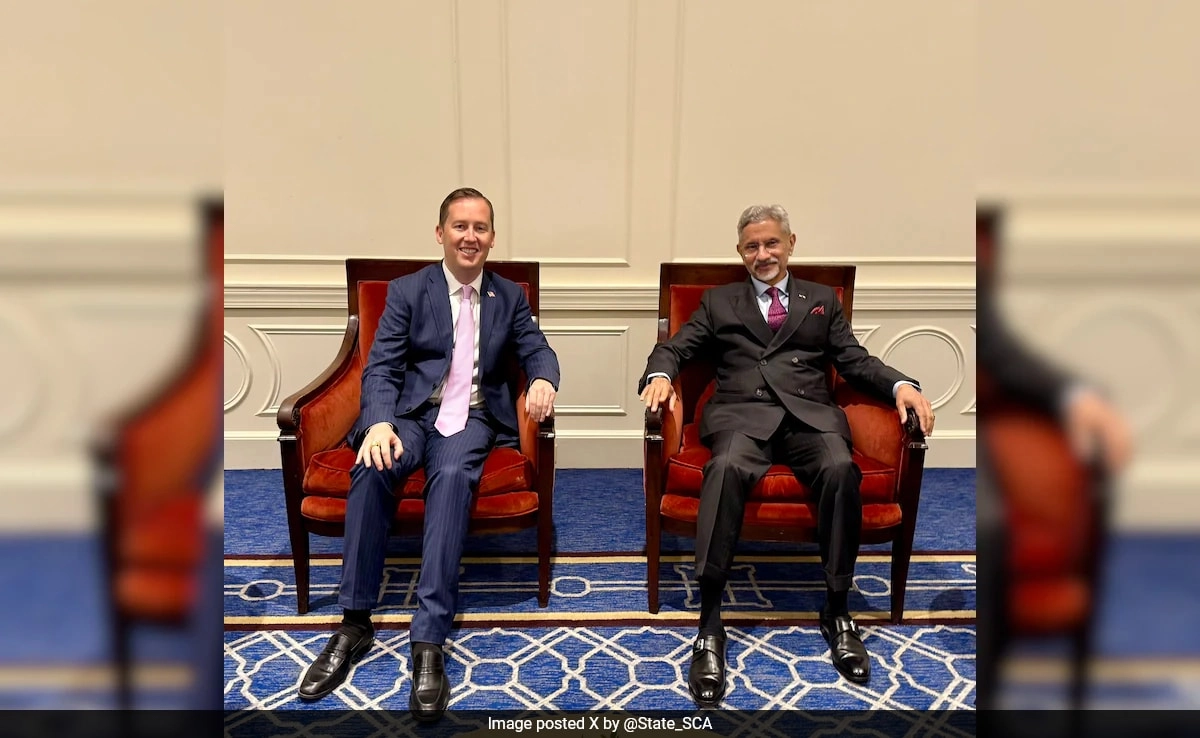The recognition of Palestine as a state is a complex and multifaceted issue that has seen varying degrees of acknowledgment from countries around the world. As of now, over 135 of the 193 United Nations member states officially recognize Palestine as a sovereign state. This recognition is often rooted in the political, historical, and cultural contexts of each country, reflecting a range of perspectives on the Israeli-Palestinian conflict. The recognition process has been significantly influenced by international organizations, particularly the United Nations, which granted Palestine non-member observer state status in 2012. This move was a pivotal moment, allowing Palestine to participate in various UN activities and enhancing its international legitimacy.
Countries that recognize Palestine span various continents and political alignments. Most recognition comes from nations in Africa, Asia, and Latin America, where solidarity with the Palestinian cause is often linked to anti-colonial sentiments and support for self-determination. For instance, many Arab and Muslim-majority countries have long recognized Palestine, viewing it as a critical aspect of their geopolitical identity and regional stability. Conversely, several Western nations, including the United States and Canada, have yet to extend official recognition to Palestine, often citing the need for a negotiated two-state solution that addresses the rights and security of both Palestinians and Israelis.
The debate over Palestine’s statehood is further complicated by the ongoing Israeli-Palestinian conflict, which includes territorial disputes, security concerns, and deeply rooted historical grievances. While many countries express support for Palestinian statehood, the lack of a comprehensive peace agreement and ongoing violence hinder the realization of this recognition in practical terms. Moreover, the political landscape in the Middle East continues to evolve, impacting the dynamics of recognition. As countries reassess their foreign policies in response to changing regional alliances and global geopolitical shifts, the question of Palestine’s statehood remains a significant and contentious issue in international relations. Ultimately, the recognition of Palestine as a state is not merely a legal or diplomatic matter but a reflection of broader struggles for identity, justice, and peace in a region marked by decades of conflict.




